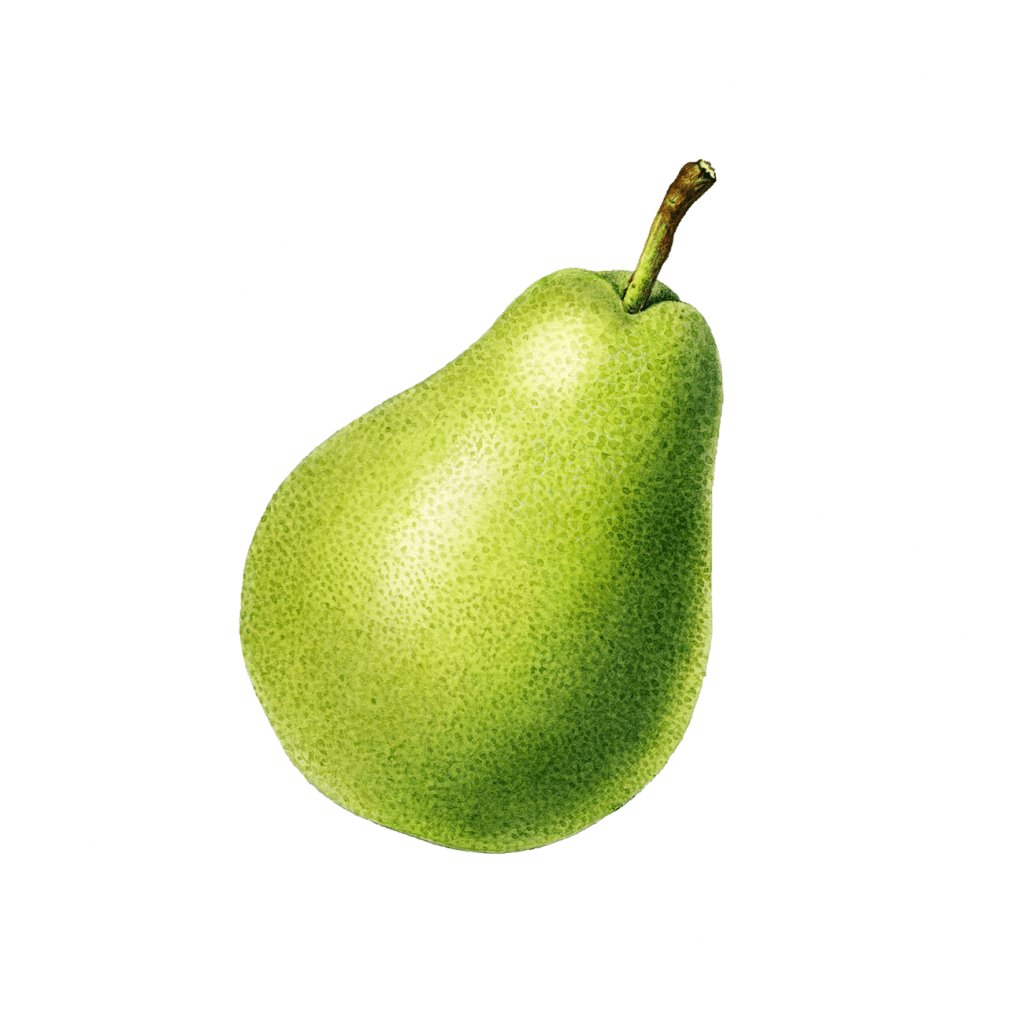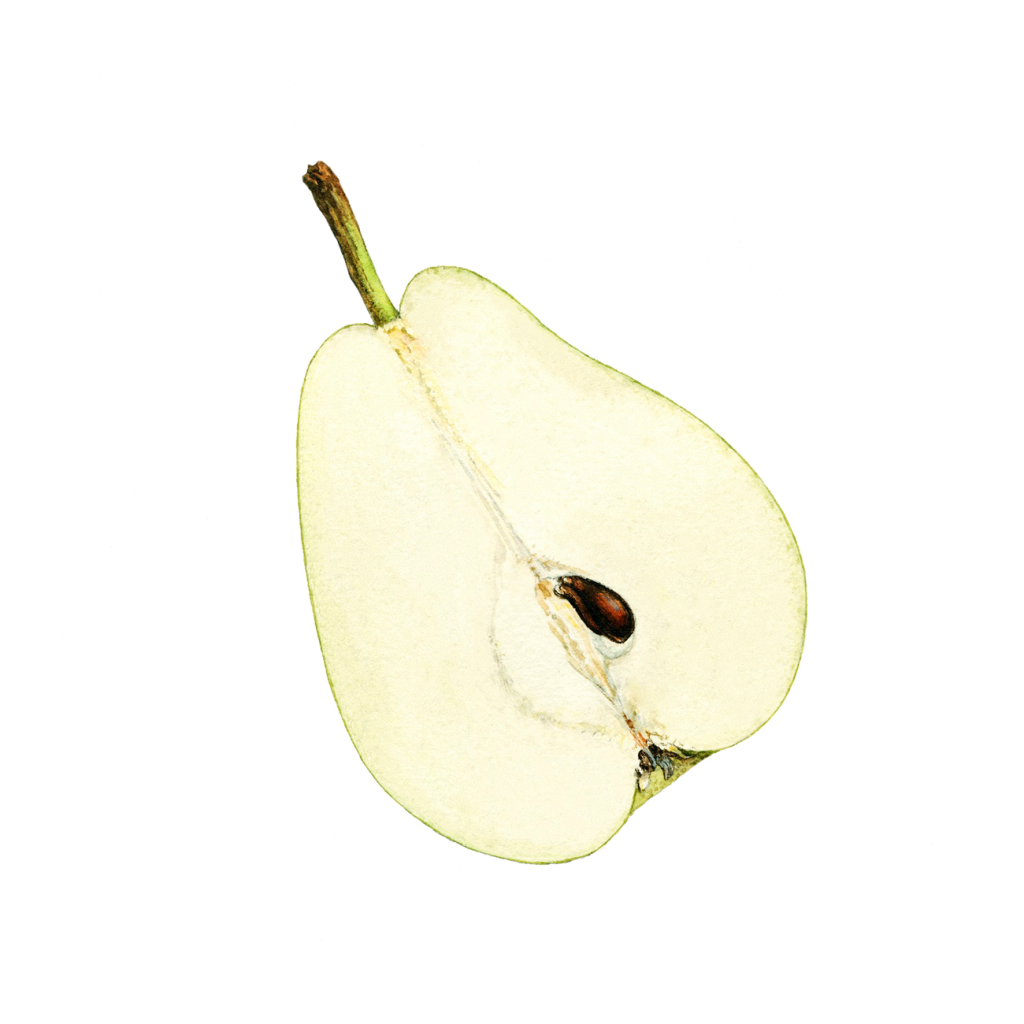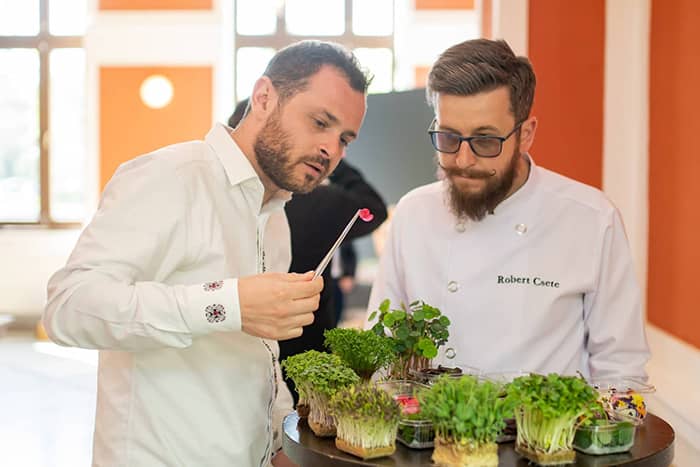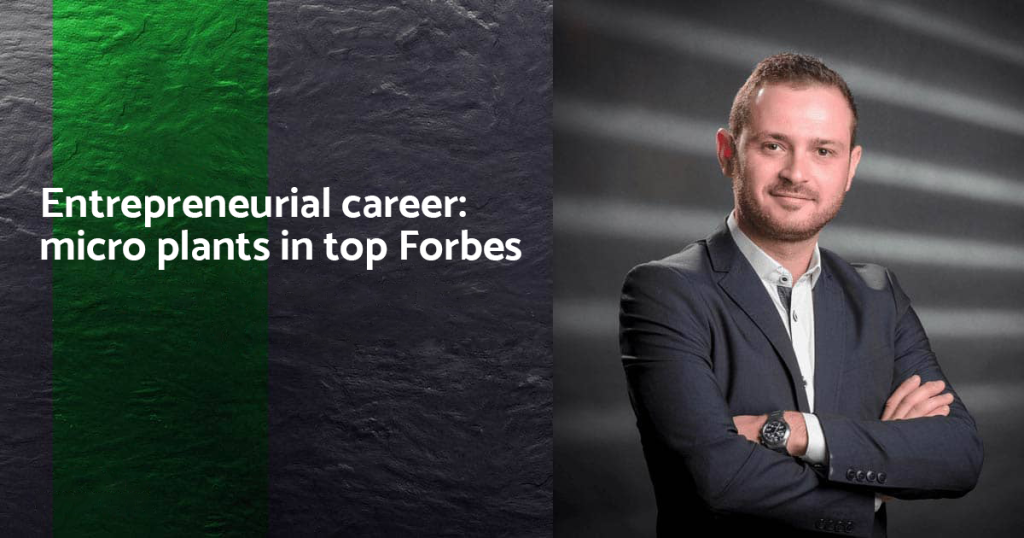Microplants, dedication, destiny, innovation, healthy food, Cristian Tudor, challenges, comic events, microgreen-house evolution, entrepreneurship. Find the way to reach the top Forbes 30 under 30 with passion and an idea that increases the country’s economy in the engineering, and food sectors.
How can we consume locally and eliminate transport pollution? Are you a student and want to know what horticulture, agronomy, and engineering means? Step slowly, open the door, sit next to me, and listen to the life and career story of one of Romania’s most ambitious entrepreneurs. A unique, complex interview only for Career Doors.
Career development is often managed with hard work, making your own luck, and devoting yourself fully to your direction. Are you limited to thinking only about tomorrow and your location or are you moving towards a global mindset?
Cristian Tudor represents an innovative, persistent personal brand with a strong character. How to get from 0 to entrepreneurship life series. Learn how to step into all the company’s departments and manage to keep your fresh enthusiasm.
“Personal advice: I want to do this to be the best and if I don’t succeed I’ll be number 2 or 3.”
Do you think that you meet situations and people by pure coincidence? Today we will dispel this myth and realize that your route might be in front of you. It’s up to you to move forward, not to take it for granted, because in the end, “none will place it in your bag”, neither recognition, nor success.
He has been working since he was 16 years old
Cristian started his professional journey at the age of 16. Are you wondering how? He dedicated 2 months during the summer vacations to work and one to the seaside.He got a job at the company where his mother worked.
“They made me do the worst things ever. To wake me up to the reality that I wasn’t the best student and didn’t have a clear vision of where I wanted to go. It was always the final clarification: look, this is the work that sucks, if you don’t learn like this, that’s how you’ll end up. See the differences by staying in the office for 2 or 3 days to see what that word means”, said Cristian.
Every day, our young man carries a 10 kg bucket full of rat poison and dips the spoon into the granules to put them in the industrial building’s corners. The fact that he received a better promise that he would be employed in a full-time position, determined him to go further. Although no one expected it, he took a 9 at the baccalaureate and entered the Faculty of Horticulture. He was the first to proudly wear his graduation cap and forcefully open the university’s doors.
Cristian was employed for 5 years at the company, with a flexible schedule of 25 hours per week. He had time to attend college courses. He was tempted to work more while leaving his educational process. That happened, unfortunately, or fortunately, after a year. In the last stage of the job, he coordinated 180 employees and did post-control and management.
Cristian Tudor most associated expressions:
The father of micro plants in Romania
Made it to the cover of Forbes 30 Under 30
Co-Founder of Microsera
Joseph Hadad’s friend


He is currently CEO of Microgreen since 2014 and Co-founder of Microsera since 2018 – Brands that are continuously growing, expanding, and carefully fed with nutrients and technology. Microgreens started from a curiosity, an idea sprouted from personal research among specialized studies in Florida and from the desire to start a business with few resources, something that happened without close planning of the entire course. With the help of Microgreens and Microsera, Cristian Tudor achieved the performance from a one-man show to have 26 employees, with a business pivot and a global mentality.
They work among aromatic plants and fertile soil to put Romania on the map of vertical agriculture and technology.
The whole adventure with micro plants started at 70 square meters, about the size of an apartment block.
But where does all this determination come from? Who contributed? The first “culprit” is his former employer with whom he collaborated for 5 years. Indirectly, he also became the first mentor for our future entrepreneur.

That was where his first experience in a big company would end, somewhat forcibly, whether he understood it concretely or not. The boss told him: “We should just finish, that’s it. There’s no way, do you want to stay and work for me? I’d like you to work, but no, it’s not the case. You have one more year of your master’s degree…”
And since you never know where the rabbit jumps from or if nothing is a coincidence, he paid his salary for a year, offered him a car, and pushed him: “Take this time, regroup and go your way.”
Not even a month after completing the faculty, in 2013, he got a job at a multinational plant producing seedlings, the Balkan leader for professional and semi-professional vegetable growers in Romania. At the job, he had a winning mindset from the start: “I have nothing to lose, I can do sales, that’s what they wanted from me, and I can certainly learn the technical part in a maximum of 3 months, so I’ll be on its own in a maximum of 4 months.”
He accepted the company’s salary with the mention that the negotiation will take place after 3 months. While Cristian kept his promise, they were no longer so fair and increased his salary by $20 for 6 months. This experience created discomfort for him, a form of frustration because he did his best.
Inspiration from a Florida research paper
He searched for some documents about a disease that spread to a melon crop on the Florida University’s scientific portal.
Cristian discovered a footnote about Microgreen’s new generation.
It was the golden second, the great moment when he opened a new door, that of entrepreneurship.
On a balcony, seedlings began to sprout that day, sprinkled with water strategically and studied next to a document of notes.
He also struggled to offer 400 kg of free samples. Cristian threw most of them because they exceeded the expiration date before he even started to share them.
The micro plants came out one by one from the soil that filled the crates improvised by Cristian. He cut them carefully and got into the car he received as a gift. It started among the pits of Bucharest with dozens of small casseroles that suddenly crashed into each other, with the final destination: restaurants. They were very good and appreciated by the chefs, the only impediment was that they did not last even an hour in the kitchen, due to several factors.
Microgreens Romania started to gain momentum, and more and more top chefs from Bucharest helped him refine the product to the form he kept for 3 years of business. He grew them in pots, to make them last longer.
Yes for BMW, no for the entrepreneur
Evolution means investment and financing, and if you don’t have a wealthy family or generous friends, you assemble your business plan, take your heart in your teeth and go to the banks. Cristian got declined by 3 banks until he thought about who is their client from the grid, and what type of audience they are targeting.
He went to the same banks and asked them for a loan to buy a BMW, and he showed them explicit pictures of that model. That’s how he managed to get 30,000 euros to grow his business. You have to be a consumer, not an innovator. The innovator is dangerous because he can lose money.
He took 30,000 euros to build the first solar house, all improvised. Everything was by bootstrapping methods. A solar house, a thermal plant, culture tables, an irrigation system, and lights, were what he knew he would need at that level, at that time. It was a 420 square-meter greenhouse, with 200 square meters of cultivation space.
500,000 euros per year with only 200 square meters?
At first glance, it seems simple, but you need know-how, experience, dedicated people, investment, support, and a little luck.
The deliveries were to high-end, top restaurants, the first customer is Joseph Hadad, who also became the first influencer of the brand. They were the main promoters of Microgreens, it reached break even in less than a month, in 3 weeks.
@ We stopped during the pandemic with this exponential growth, we doubled our turnover from year to year, except in 2019, when we did not have this growth. All I had at my first job was an incredible pillar of for everything I started doing for myself. @
As a horticulture engineer, you can do more things than in horticulture. It seems important to me that people who take up horticulture overspecialize. It is a job where technical know-how makes a big difference.
An engineer specializing in vegetables or large crops can earn 3000 euros in Romania. I’m not talking about 7000-8000 euros for a greenhouse in France or Holland.
There is such a great need for specialists in this field that I think it is fantastic that there is no need to go to this university.
Internship: You go to a professional greenhouse and tell them: you give me the minimum on economics because I want to learn. To stay with you for 6 months to learn.
To specialize and look for a direction. Otherwise, you will learn from everything and they will not help you much.
I had the biggest mini MBA before entrepreneurship.
I did everything in that company, from sales to preparation for auctions.
I managed human resources tasks, where I had to redo all the employee archives from 5 years ago, plus the current ones (300 employees).
Management, cost-control.
Purchases. I did this for a year and a half in a company with a turnover of 15 million euros.
I did planning with the 180 people.
It helped me to make a plan because the production of micro plants is very dynamic. One crop has 7 days of vegetation, one has 25, and one has 14.
I had to have them all at the same time so that the mix I was selling would be at the same time.
In the first 2 years, I did everything, I was an administrative officer for 2 months when the company was left without an important position, and I was the one who automatically took over that role.
You have to be very good mentally because some pull you back.
Many will tell you: What have you done, from Gorgota, what are you doing… you are sick, how can you think about such a thing?
If you listen to all these things, you better go to a cave and take your precious.
I am against food waste and extra pollution caused by logistics.
While 30% of our food is lost on the way, the consumers pay the costs.
Small growers should learn the basic notions, which are related to the physiology of the plant.
In Romania, small growers cultivate in the extremes.
Some don’t do something about the crops because the soil is quite rich, or they use substances that don’t dilute in the water correctly and affect the consumer health.

